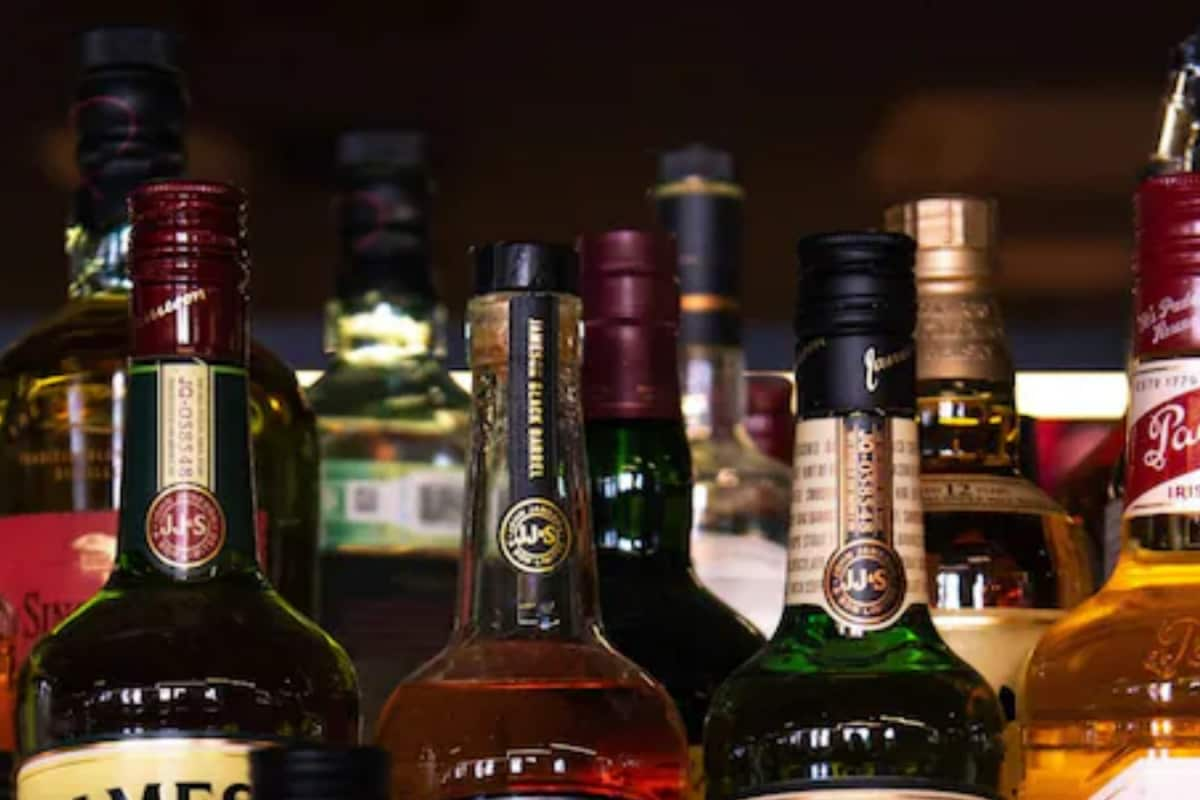

The Karnataka government has significantly revised its excise policy concerning liquor licenses, offering both relief and revised financial obligations for stakeholders in the alcohol industry. The latest decision involves a reduction in the proposed hike of liquor license fees to 50% from the initially planned 100%, coupled with an extension of the license renewal period from one year to five years. These changes, effective from July 1, 2025, follow intense opposition from liquor sellers and aim to strike a balance between revenue generation for the state and the economic viability of businesses.
The initial proposal to double the license fees had sparked widespread concern and protests from various associations, including the Karnataka Liquor Sellers' Association. Representatives met with Chief Minister Siddaramaiah, urging a more moderate increase. Acknowledging these concerns, the government rolled back the initial plan, settling for a 50% increase instead. Excise Minister RB Timmapur stated that the decision was made after considering everyone's views, aiming for a balanced approach. While the original proposal sought to boost state revenue by ₹600–700 crore annually, the revised policy reflects a compromise to alleviate the burden on businesses.
One of the most significant changes is the extension of the license renewal period to five years. This move provides long-term stability and reduces the administrative burden on license holders. Previously, annual renewals were required, leading to frequent regulatory inspections, which some stakeholders claimed were avenues for corruption and bribery. The new five-year renewal cycle aims to curb such practices and streamline operations.
The revised license fees vary based on the population size of the area. For metropolitan corporations with a population exceeding 20 lakh, the annual renewal fee is set at ₹9 lakh. Other metropolitan areas will pay ₹7.5 lakh, while municipal corporations will pay ₹6.75 lakh. Towns, municipalities, and town panchayats will have a fee of ₹6 lakh. Fees in other areas will be determined based on local population figures. Additionally, the government has released new annual license fees for various categories, including ₹1,50,000 for distilleries and breweries, ₹25,000 for craft breweries and fortified wine production, ₹67 lakh for distilleries with warehouses, and ₹18.75 lakh for bar charters at international airports. Renewal fees for retail outlets, clubs, and bars and restaurants have also been increased by 50%. Distilleries will now pay ₹67.5 lakh annually, up from ₹45 lakh, and breweries will see their fees rise from ₹27 lakh to ₹40.5 lakh.
Despite the reduced hike and extended renewal period, some stakeholders, particularly micro-distilleries and smaller liquor businesses, remain concerned. They argue that even the 50% increase, combined with rising operational costs such as rent, electricity, and salaries, will continue to impact their profit margins. The Karnataka government aims to collect ₹40,000 crore in revenue through liquor sales in the fiscal year 2025-26.
In recent times, beer sales in Karnataka have faced challenges due to frequent tax increases. Taxes on beer have been increased three times in the last 18 months, leading to stagnation in sales growth. The beer industry has urged the government to refrain from further tax increases, warning of potential reductions in sales volumes and risks to investments in breweries. The industry argues that frequent tax hikes may force consumers to shift to cheaper options, ultimately leading to revenue loss for the government.
The Karnataka Liquor Sellers' Association has welcomed the extension of the license validity to five years but has requested the government to allow payment of fees in installments. The government's response to this request is awaited. As the new excise year approaches on July 1, over 13,000 license holders across Karnataka will need to renew their licenses at the updated rates. The government anticipates that the revised fees will generate an additional ₹300 crore in annual revenue.